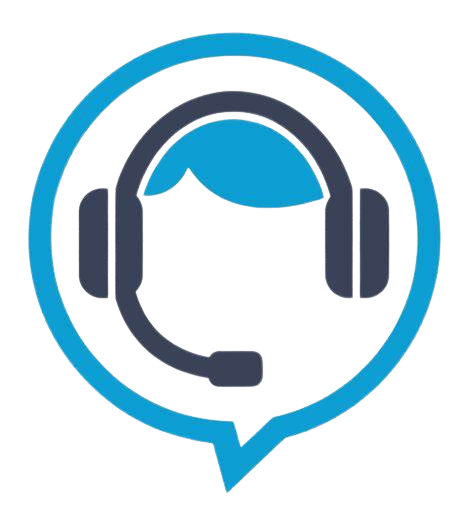Endoscopy
We perform most of our endoscopic procedures at our outpatient endoscopy facility – Elite Endoscopy. Some procedures such as ERCP are performed at the hospital. The studies are are described briefly:
“EGD” or esophagogastroduodenoscopy, is a test performed to examine the structure of the esophagus, stomach and duodenum (first part of small intestine). In order to do the test, you must fast overnight. An IV will be inserted into a vein so that sedative medication can be given. After you are asleep, a thin flexible tube with a tiny camera will be placed into your mouth and then into the esophagus. Since you will be asleep you will not gag or vomit. The doctor doing the test will be able to see your esophagus, stomach and upper small intestine. Biopsies can be done if necessary (you have no pain nerves here so it won’t hurt and you won’t be sore afterward). This is the best test to look for ulcers, inflammation of the esophagus, stomach, etc. The sedation time is usually five to ten minutes, the endoscopy takes five to fifteen minutes and the recovery (i.e. waking up time) is twenty to thirty minutes.
Enteroscopy, is a test performed to examine the deeper region of the small intestine, an area beyond the reach of a an EGD or upper endoscopy. A longer instrument is used. In order to do the test, you must fast overnight. An IV will be inserted into a vein so that sedative medication can be given. After you are asleep, a thin flexible tube with a tiny camera will be placed into your mouth and then into the esophagus. Since you will be asleep you will not gag or vomit. The doctor doing the test will be able to see your esophagus, stomach and deeper region of the small intestine. Biopsies can be done if necessary (you have no pain nerves here so it won’t hurt and you won’t be sore afterward). This is the best test to look for bleeding source, ulcers, inflammation of the small intestine. The sedation time is usually five to ten minutes, the endoscopy takes five to fifteen minutes and the recovery (i.e. waking up time) is twenty to thirty minutes.
Colonoscopy is a unique procedure which not only can detect colon cancer, but can prevent cancer by early detection and removal of colon cancer precursors called colon polyps. All other tests can only detect polyps or cancer, and if detected, a colonoscopy will have to be performed to remove polyps or obtain biopsies. Hence, colonoscopy is consider the gold standard procedure. A colonoscopy can detect over 95% of these lesions (barium enemas will miss 15%-20%). As mentioned previously, if a polyp is found, it can be removed at the same time; this is painless since you have no pain nerves in the lining of your colon. Biopsies can also be done if a mass is found or if colitis (inflammation) is suspected. As with the upper endoscopy, an IV is placed so that sedation can be given. The test generally takes thirty to sixty minutes and the waking up time is twenty to thirty minutes. This is not a painful test if done properly! The colon must be very clean to do the test and therefore a good bowel preparation is essential to reduce chances of missing polyps or cancer.
Flexible sigmoidoscopy is procedure performed to examine about 2 feet of the colon or large intestine. This test is usually done to evaluate the left side of the colon and rectal lesions. The test is very short, and usually does not require sedation. Some can experience a limited period of bloating, and cramping during the procedure. The colon must be clean to do the test and therefore a good bowel preparation is required.
“ERCP” or endoscopic retrograde pancreatico-cholangiography is a test performed to examine and possibly treat the biliary and pancreatic diseases. This test is performed in the hospital. In order to do the test, you must fast overnight. An IV will be inserted into a vein so that sedative medication can be given. After you are asleep, a thin flexible tube with a tiny camera will be placed into your mouth and then into the esophagus. Since you will be asleep you will not gag or vomit. The doctor doing the test will be able to see your esophagus, stomach and upper small intestine and examine the biliary and pancreatic ducts. Biopsies can be done if necessary (you have no pain nerves here so it won’t hurt and you won’t be sore afterward). This is the best test to look for bile duct stones, bile duct cancer, strictures, pancreatic duct strictures, etc. The sedation time is usually five to ten minutes, the endoscopy takes thirty minutes to an hour and the recovery (i.e. waking up time) is twenty to fifty minutes.



